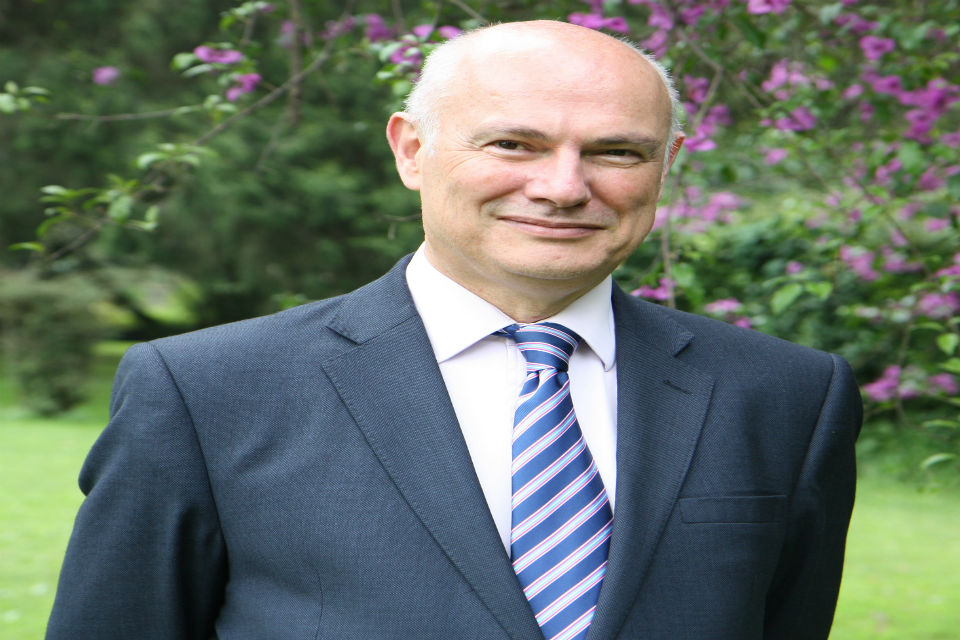Economic Session of UK-Ethiopia Trade & Investment Forum
Chairman's Introductory Remarks for Economic Session of UK-Ethiopia Trade & Investment Forum

Pleased to be asked to introduce today’s first session on the economy, which will set the context for those coming later in the day and which are focused on particular sectors. I shall be brief.
Many of you will already be aware of the ‘growth miracle’ that Ethiopia has achieved over the last decade. The economy has tripled and average incomes have doubled. The growth has been unusual in Africa for three reasons – all of which give cause to believe that that this perhaps ‘miracle’ can be sustained.
-
First of all, growth in Ethiopia has been less reliant on the effects of the commodity cycle than elsewhere in the continent and is therefore less vulnerable to the downturn that is troubling many of Ethiopia’s neighbours. Ethiopia’s economy and export basket is becoming increasingly diversified, with new revenues from manufactured goods to energy exports playing an increased role in embedding resilience in coming years.
-
Second, the benefits of growth in Ethiopia have been more widely shared than in other parts of the region, with the latest data showing poverty having fallen from 39% to 30% in just 5 years. Levels of inequality are amongst the lowest in the region and rising incomes are creating new consumers and markets as well as giving more and more of the population a stake in Ethiopia’s progress.
-
Thirdly, and this is why I am glad we have so many Ethiopian policymakers and practitioners here today, this growth miracle has been the product of a highly committed government that has been determined to build the foundations of a middle income economy. Huge investments in energy, transportation and the skills and well-being of the young population (health and education) have been at the centre of the government’s approach to transforming Ethiopia and they will be priorities again under the government’s soon-to-be-launched second five year plan.
Something I think it’s fair to say will be different in coming years will be the role of foreign investors like yourselves. With wage rates a tenth of those in eastern seaboard China and a fraction of those in neighbouring countries too, Ethiopia has every possibly of becoming Africa’s light manufacturing export hub. Huge investments in power generation are beginning to come on-stream to underpin the emergence of a young and rapidly urbanising labour force. Relatively low levels of corruption for Sub-Saharan Africa – though these will need to be kept under control, relative macroeconomic stability and access to European and Middle East markets coincide to bring an almost unique potential and opportunity in Ethiopia over the coming decade. The degree of willingness to accept a further increase in the private sector will be relevant.
Introduce the panellists to make their presentations.